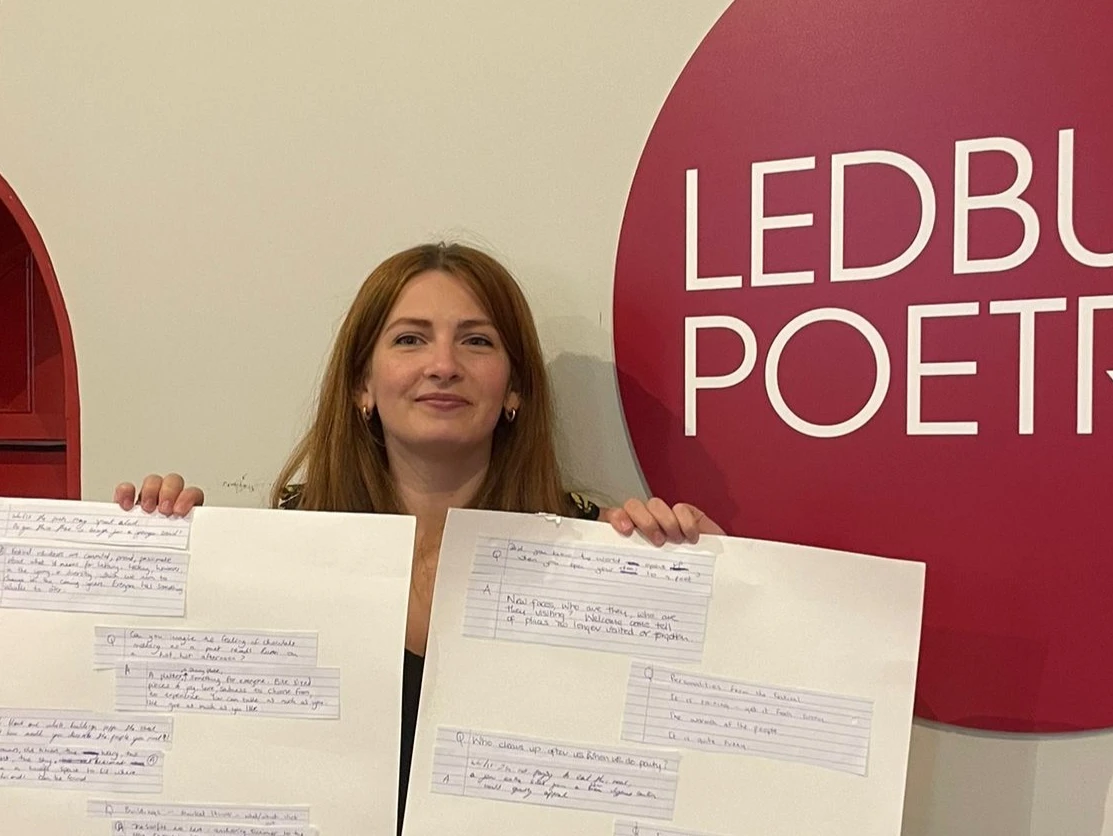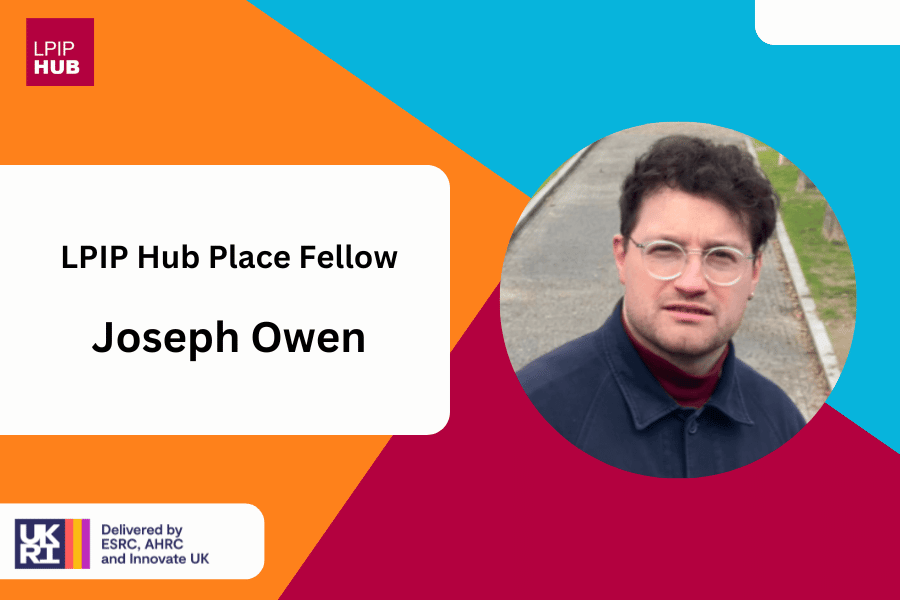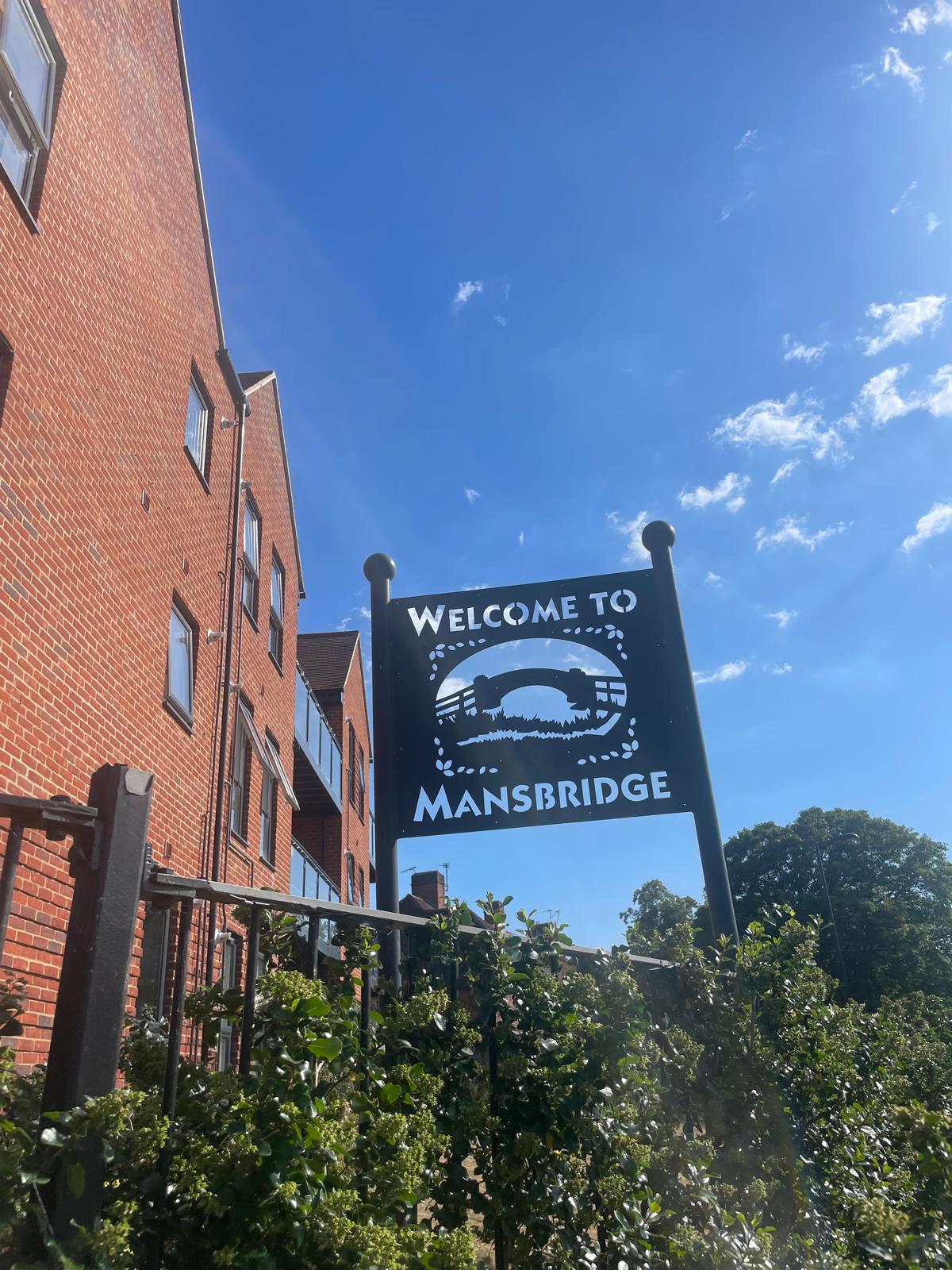Joanna Nissel, a prize-winning poet and researcher at the Universities of Southampton and Bath Spa, describes her experience hosting volunteer workshops at Ledbury Poetry Festival.
Can poetry help us to understand pride and volunteering? I hope so, because I was brought on to the Feeling Towns project to answer this very question! After leading three poetry workshops in Southampton, Ledbury and Darlington, I think I can say that poetry gave us new perspectives from the volunteers who took part in the sessions.
Feeling Towns aims to investigate creative methodologies that help us to understand how people feel about the places where they live and volunteer. As Michael Howcroft mentioned in his last blog, it is notoriously difficult to capture the nuances of emotion. People may feel conflicted—emotions are often complex and contradictory—and they may draw on different histories and experiences. So rather than quiz people in an interview setting, asking pre-approved question after pre-approved question, we wanted to find out whether a more fluid, creative approach allowed volunteers to better express how and why they feel the way they do.

Feeling Towns researchers Nicky Marsh and Joseph Owen at the Ledbury Poetry Festival
Of course, writing poetry isn’t something that everyone does. Most people would be pretty daunted if I asked them to write a poem that accurately represents the complexities of how they feel about their local area and their experience of volunteering, all in one go. Those are a lot of subjects to tackle at once, let alone figure out what images, language or layout may best represent those topics. It’s also a challenge that’ll take you far more than an hour and a half. That’s why, when I led our sessions, I made a point of explaining, “We are far more interested in what you have to say, rather than how you say it.”
Although the poems themselves were illuminating, the real heart of the workshop was the discussion the participants had while they were creating the poem. I should state here that the participants worked together to create one collaborative poem, rather than writing a poem each. The discussions they had in composing the poem, deciding whether different combinations of individual lines accurately represented their local area and experiences, revealed the nuances of civic pride, the impact of cultural events, and what it is really like to be a volunteer in these places today.

Organisers Joanna Nissel and Joseph Owen preparing the poetry workshop in Ledbury
The case study areas—Harefield (in Southampton), Ledbury (in Herefordshire), and Northgate (in Darlington)—are all very different. Our workshop in Ledbury engaged with volunteers at the renowned Ledbury Poetry Festival, many of whom were familiar with poetry and worked with festival attendees from far and wide. In Harefield, the volunteers were local. They lived within and gave back to the communities that live in this area of Southampton.
Although we weren’t concerned with producing prize-winning literature in the sessions, the poems developed by all our groups were impressive. They raised challenges and difficulties—volunteering is generally undertaken by the same people and rarely by young people—but the poems also highlighted the transformative effect of volunteering. I’d like to finish with some excerpts from the poems:
“More capable than I thought, have skills I didn’t know I had;
and general life experience is all relevant.”
“Reminds me how much I love this place
– formed me, informed me.”
“The mysterious folk arrive: brightly coloured, sustainable fabrics;
they reach to those who live here, not always holding their hand.”

Volunteers participating in the poetry workshop in Ledbury
***
Joanna Nissel is a prize-winning poet and researcher at the Universities of Southampton and Bath Spa. She is currently completing a PhD on poetry education and her work has been widely published, including in The Interpreter’s House and Fourteen Poems.

Photo credit: Tiffany Aupic



